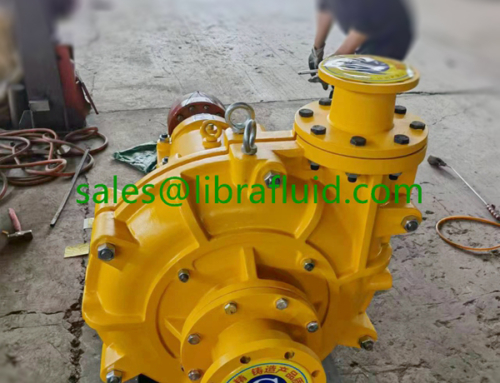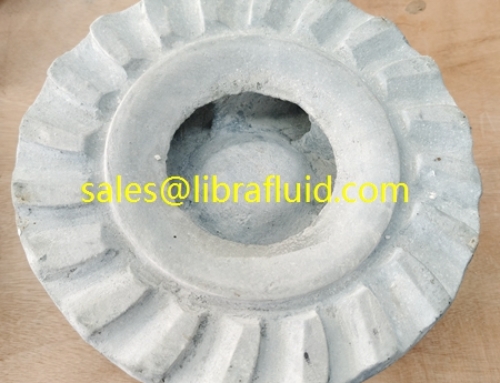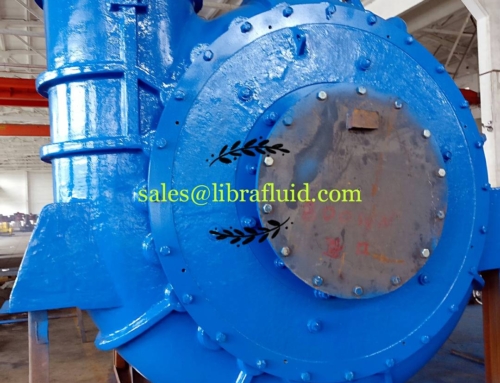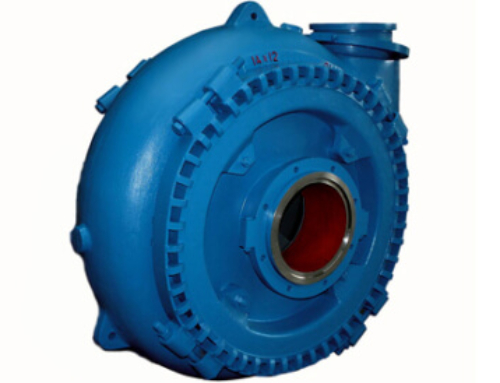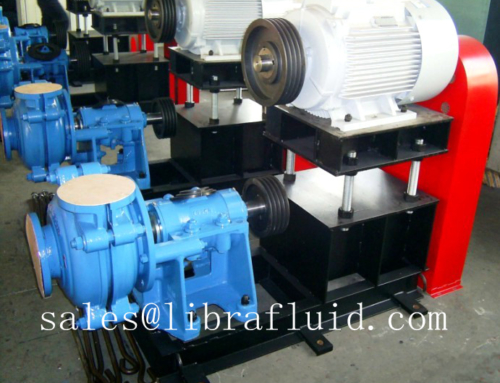In today’s industrial landscape, slurry pumps are used in a wide range of applications, from mining and construction to wastewater treatment and chemical processing. Slurry pumps are designed to handle abrasive and corrosive fluids, making them an essential component of many industrial processes. In this article, we’ll discuss the importance of selecting the right material for your slurry pump impeller.
The impeller is the rotating component of the slurry pump that is responsible for transferring energy from the motor to the fluid being pumped. In the case of slurry pumps, the impeller must be designed to withstand the abrasive and corrosive nature of the slurry, which can cause significant wear and tear on the pump over time. One of the most critical factors in ensuring the longevity and performance of your slurry pump is choosing the right material for your impeller.
There are many different materials available for slurry pump impellers, each with its own unique characteristics and advantages. Some of the most commonly used materials include high chrome iron, rubber, and polyurethane.
High chrome iron is a popular material for slurry pump impellers because of its excellent wear resistance and durability. This material is ideal for applications that involve highly abrasive slurries, such as mining and mineral processing. However, high chrome iron is not suitable for handling highly corrosive fluids.
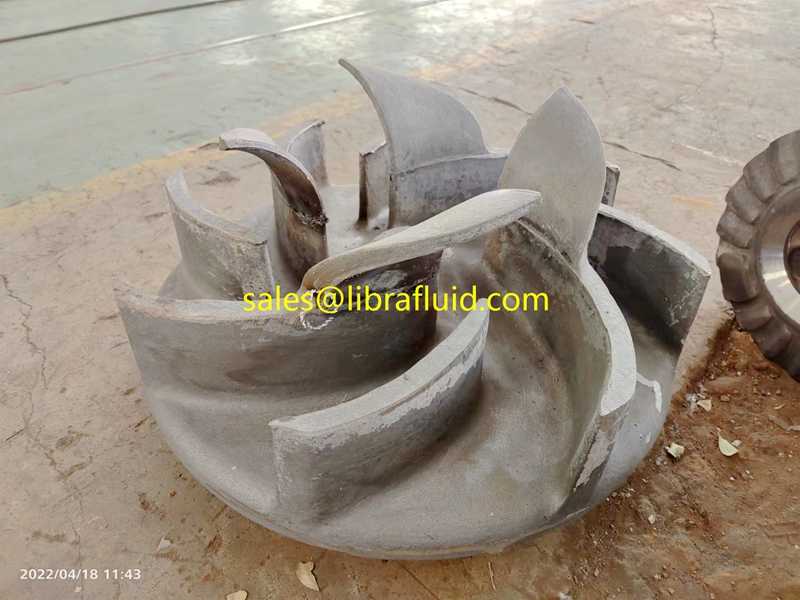
High chrome OEM forth pump impeller
Rubber is another popular material for slurry pump impellers. Rubber impellers offer excellent resistance to abrasion and corrosion, making them ideal for applications that involve highly corrosive fluids, such as chemical processing and wastewater treatment. However, rubber impellers are not suitable for handling highly abrasive slurries.
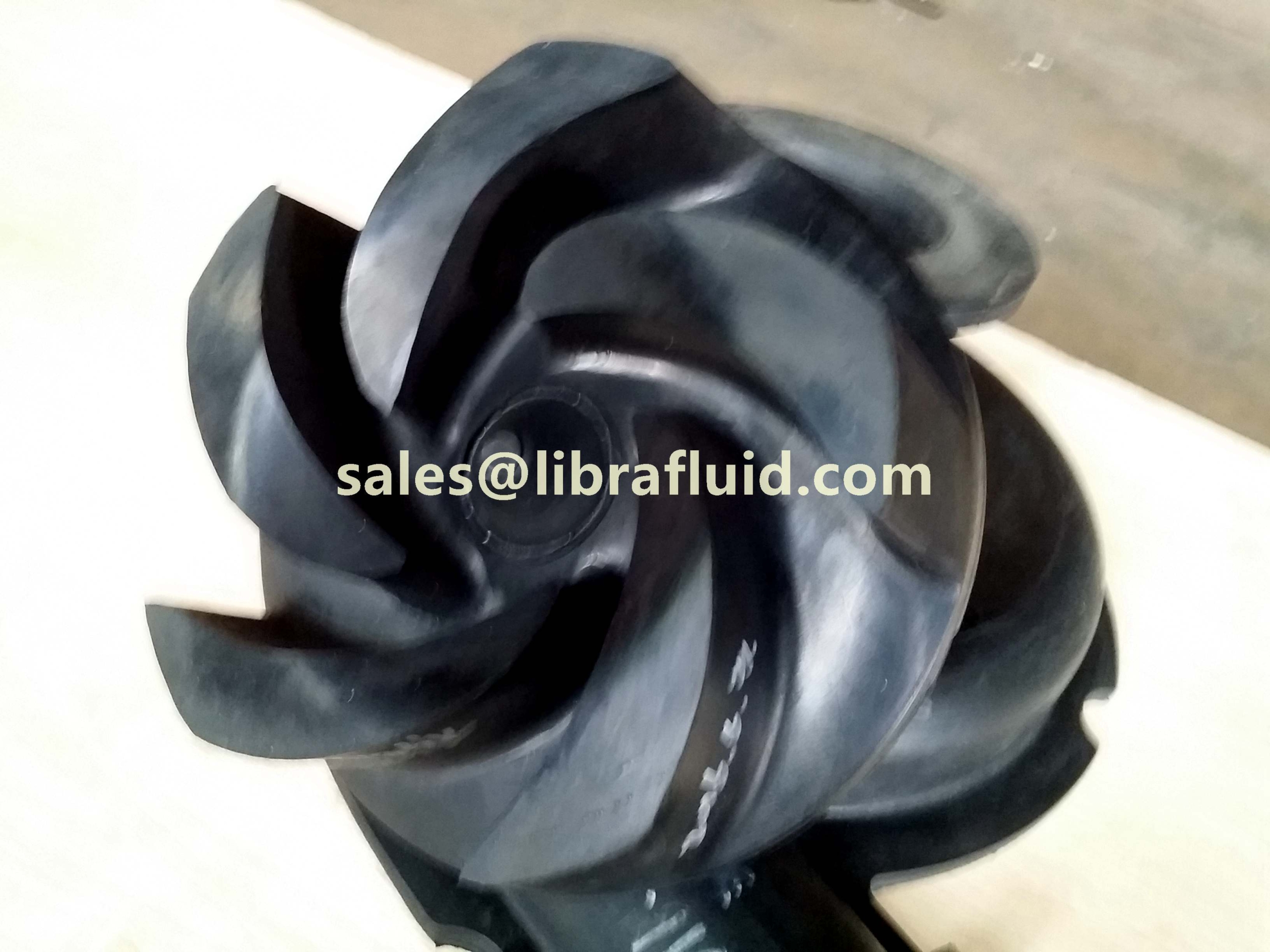
Hypalon rubber slurry pump impeller
Polyurethane is a versatile material that offers excellent wear and corrosion resistance, making it an ideal choice for many slurry pump applications. Polyurethane impellers are also more flexible than other materials, which allows them to handle some level of abrasive slurries.
When selecting a material for your slurry pump impeller, it’s essential to consider the characteristics of the fluid being pumped and the operating conditions of the pump. By carefully considering these factors, you can choose a material that is optimized for your specific application, providing optimal performance and longevity.
In summary, choosing the right material for your slurry pump impeller is critical for ensuring the longevity and performance of your pump. Whether you need high chrome iron for handling highly abrasive slurries, rubber for handling highly corrosive fluids, or polyurethane for more versatile applications, there are many options available to suit your needs. So if you’re in the market for a slurry pump, be sure to carefully consider the material of the impeller and its characteristics.
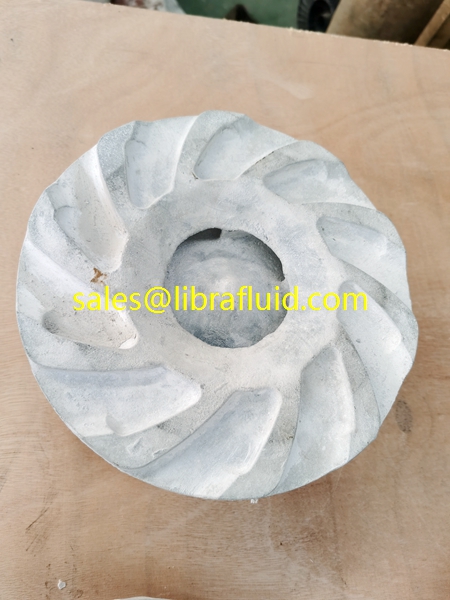
Wear-resistant slurry pump impeller

